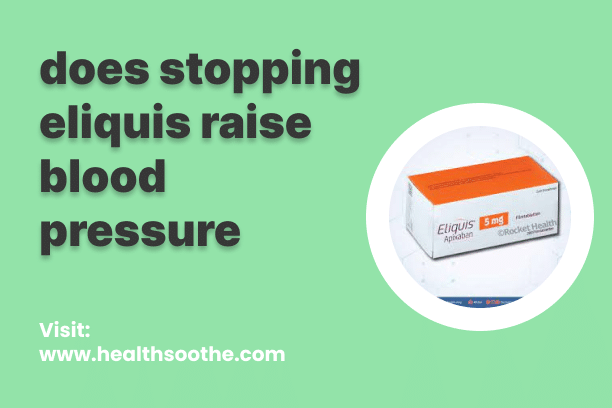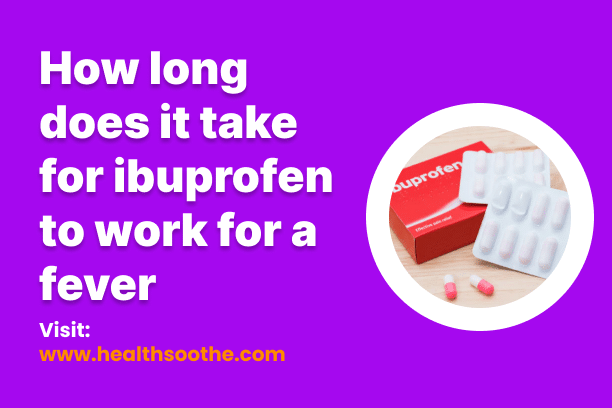This brings us to another and much more hopeful preventive procedure-the use of the polio vaccine. In general, vaccines protect against diseases by strongly stimulating antibody production in the bodies of people treated with them. A polio vaccine devised by Dr Salk [mfn]https://en.m.wikipedia.org/wiki/Jonas_Salk[/mfn] was first tested on animals and human volunteers. In 1954 after extensive field trials, it was officially approved. In the spring of 1955, it was given to several thousand of children under the auspices of the national foundation foR Infantile Paralysis and various state and local health departments. This vaccine has now been proven to be both safe and effective.
The final victory over polio is a definite possibility. This vaccine is effective against all three strains of Polio various. The Sabin-attenuated "live" vaccine is also proving highly efficient against polio and has the additional advantage of being effective when given orally.
There are, however, other preventive measures that probably have value and that can be taken. Studies of the experiences and travels of polio victims during the weeks just prior to their coming down with the disease have pointed out the probability that certain conditions or circumstances may pave the way for Infection with poliovirus, thus suggesting that certain Precautions should be taken
Since digestive upsets frequently accompany the onset of the disease, it seems reasonable that especially during the polio season, summer and early winter, more than ordinary care should be taken not to indulge in unfamiliar foods or those known to be difficult to digest. Since the virus is known to be carried in the discharges of the nose, throat, and bowels which discharges can easily contaminate the hands--hand washing especially after the toilet, and safe disposal of these body discharges should be given special attention. While it has not been actually proved that contaminated foods carry the virus into the body, this seems more than possible, so foods should be protected from contamination, especially by flies, which have been proven to be virus carriers.
Many physicians believe that nose or throat surgery during a polio epidemic is unwise because it seems that such surgery opens the door for the entrance of the virus. Moreover, it increases the incidence of that more dangerous form of the disease, known as bulbar polio, which affects the throat. As long as this danger is a possibility, it is wise to act accordingly. Frequently such throat operations as removal of the tonsils can be delayed a few weeks or even months without much risk to the involved person's health.
It is recommended that routine vaccines should not be given during polio epidemics. Should it be necessary to give them in the presence of an epidemic of some other disease, vaccines suspended in water or normal saline should be used? Alumprecipitated vaccine is not to be used during an epidemic of polio.







